10 music licensing myths for businesses debunked
Music copyright myths, licensing mix-ups, advice ranging from the plausible to the unreal — we’re sure you’ve heard it all. Separate fact from fiction and learn how to make music licensing work for your business.

Music copyright lawsuits aren’t uncommon, nor are they to be taken lightly. Household names, startup companies, and everyone in between fall foul of copyright law.
Music copyright lawsuits aren’t uncommon, nor are they to be taken lightly. Household names, startups, and everyone in between fall foul of copyright law.
Companies have seen lawsuits totaling millions of dollars, all down to improper licensing. For that reason, it’s essential for businesses to review their music licensing agreements and secure the correct rights. Today, we’ll bust ten myths and give you the facts.
The myths we’ll cover are:
- Royalty-free music means no additional fees
- AI-generated music isn’t copyrighted
- Using less than 30 seconds of a track is safe
- Influencers and other brands use tracks on social media, so you can too
- Crediting the artist or rights holder means you can use the track
- Once you license a track, it’s yours forever
- Editing a track means you can use it for free
- If you’re not monetizing, you can use any track
- Old music is automatically public domain
- Music licensing has to be complex
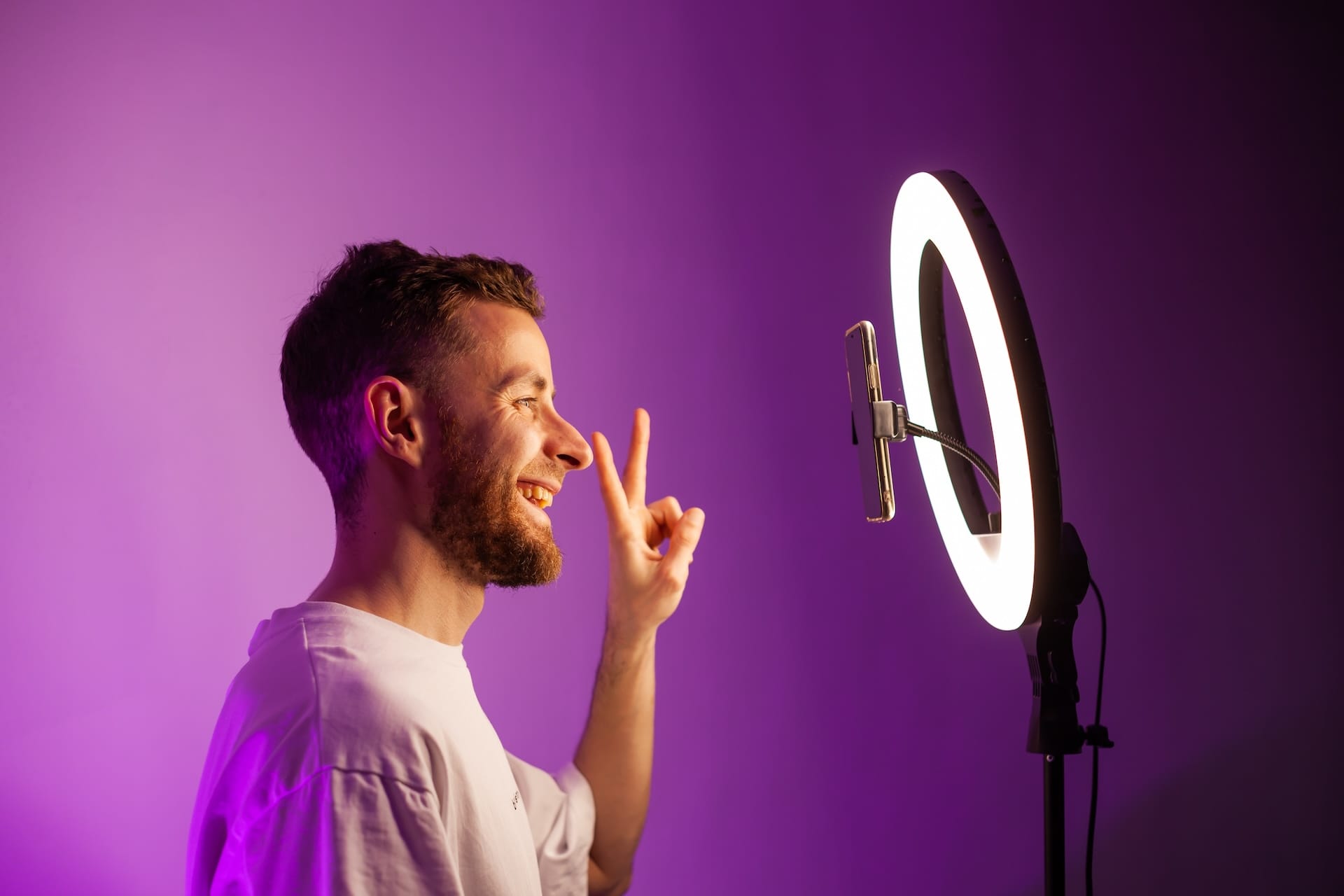
1. Royalty-free music means no additional fees
Royalty-free music is music you can use without paying royalties to artists or other rights holders every time the music is used. Generally, you’d pay for it once, or, if you use a subscription service, on a recurring basis.
However, royalty-free music providers often aren’t the sole rights holders of the music in their catalogs. This means you might still receive copyright claims or payment requests from other rights holders.
For example, public performance rights are rarely included in royalty-free licenses. These rights are needed to play a track publicly, whether it’s online or offline. If you don’t secure the correct rights, you could face surprise fees, takedowns, lawsuits, or retroactive royalties to Performing Rights Organizations (PROs).
PROs collect royalties for public performance on behalf of composers, artists, and publishers. Licensing so-called ‘royalty-free’ music rights for global use can be complex, due to the potential involvement of PROs around the world.
Royalty-free does not automatically mean PRO-free or worry-free. Rights holders can withdraw their rights from certain royalty-free providers later down the line, meaning that existing content containing that music could be at risk.
With Epidemic Sound’s direct licensing model, all rights are included. We’re the only rights holders, meaning you’ll not have to deal with a third party. Go beyond royalty-free music and clear your content for worldwide use.
2. AI-generated music isn’t copyrighted
AI-generated music is a tricky topic, and one that users — and businesses — frequently misunderstand. At first glance, you’d think AI music should be copyright-free. After all, nobody ‘owns’ it, do they? A computer made it. That must mean it’s free to use, surely?
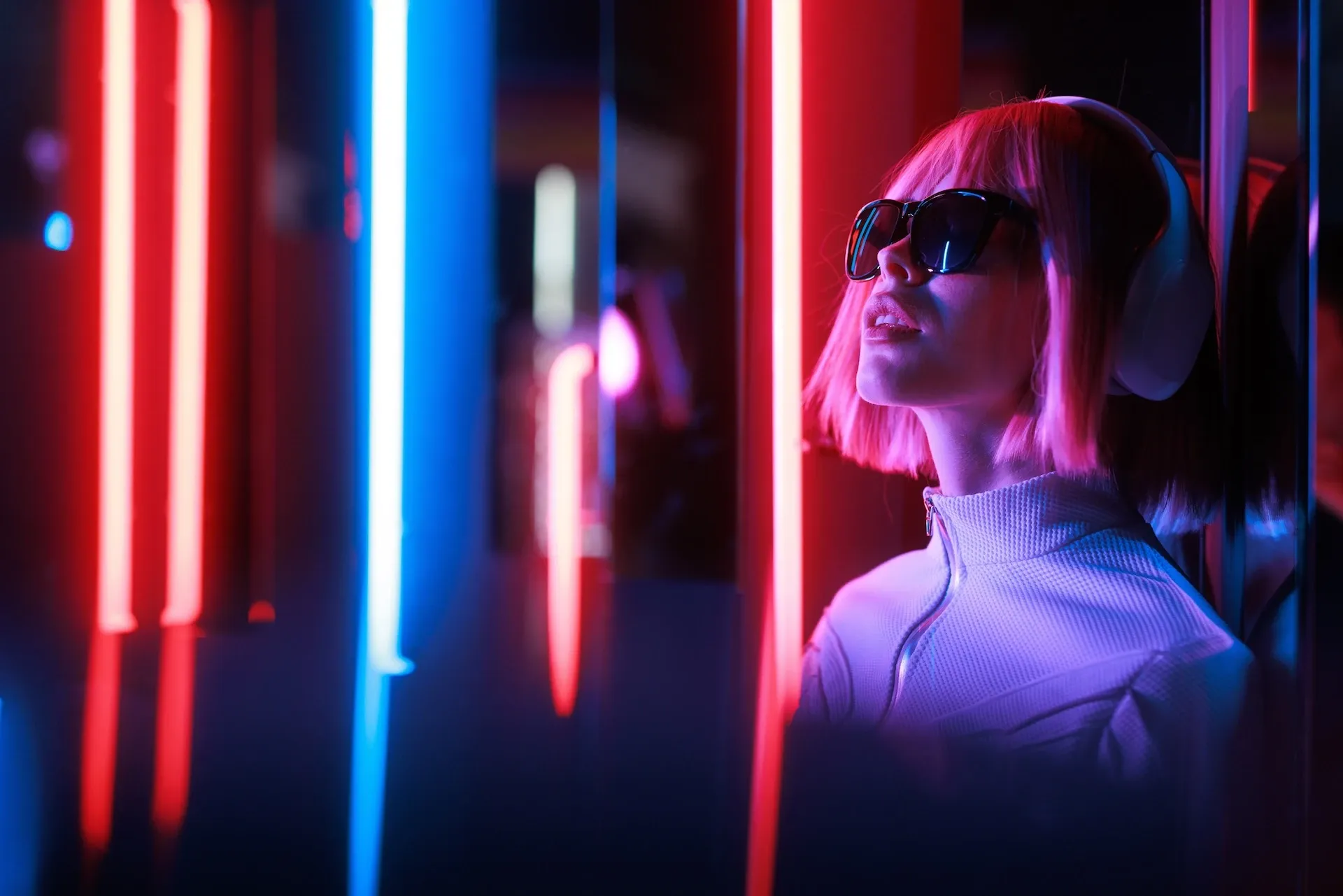
It’s not that clear-cut. The regulations differ from country to county, and it’s still a developing legal landscape. The core of AI music is built upon generative models, which are trained on existing music, sound effects, and speech. While the resulting compositions may sound ‘original’, the sources from which they’re trained are still owned by rights holders.
Also, multiple lawsuits allege that the training of several of the more prominent models, as well as the output produced, infringe copyright.
3. Using less than 30 seconds of a track is safe
This is a tale as old as time. You’ll see a YouTube video soundtracked with a copyrighted track, and the description will mention something about ‘Fair Use’.
Fair Use is difficult to prove, requiring multiple factors to clear the bar. Playing ten seconds of a track doesn’t instantly erase the copyright — the rights holder still owns the track’s intellectual property. Using it without compensating them is a breach of copyright, and can result in penalties. This is a massive red flag for your monetized, commercial content.
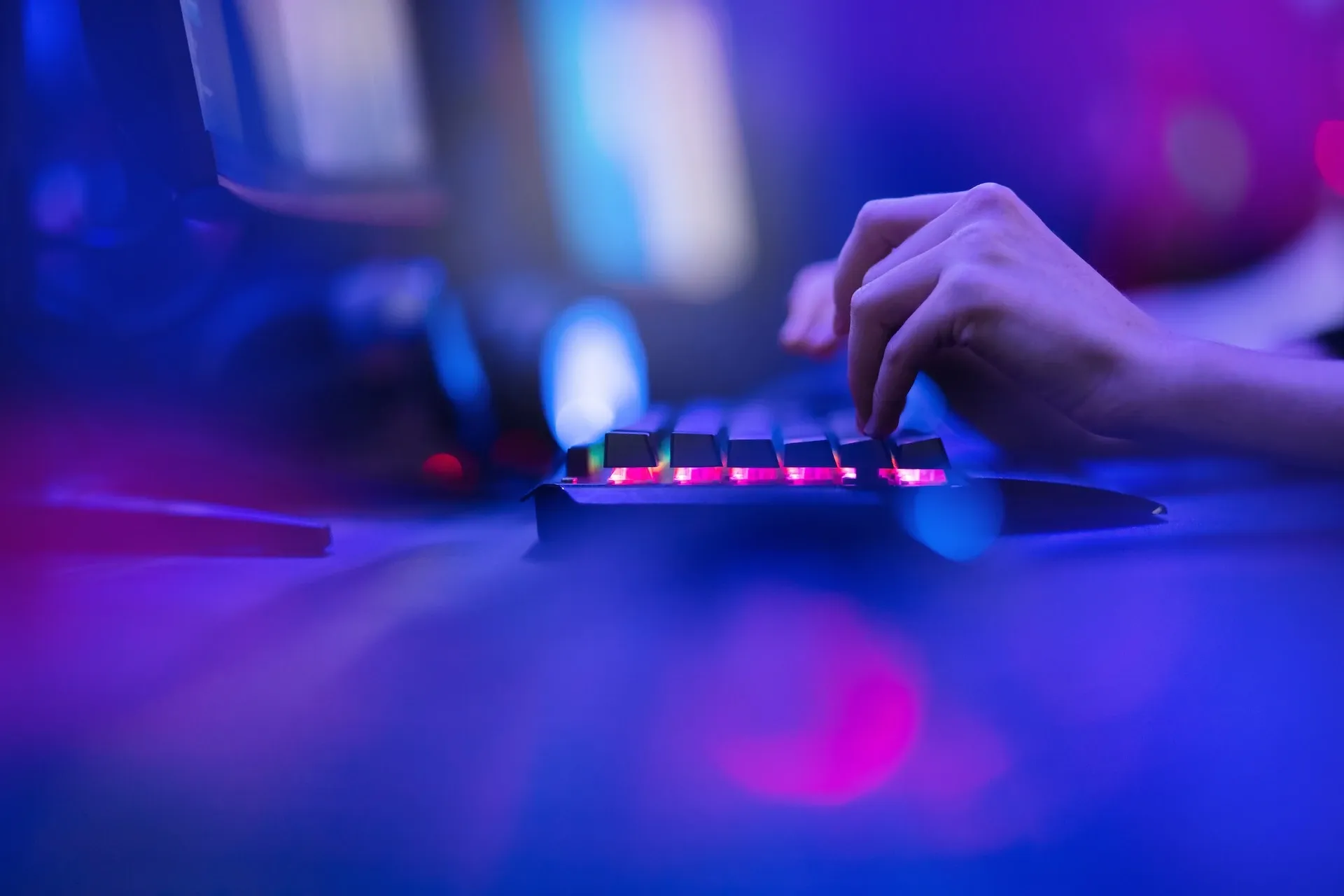
4. Influencers and other brands use tracks on social media, so you can too
You’ll often see influencers using tracks from world-famous artists, across personal and commercial content. They can’t have paid thousands of dollars to license a popular track — that means it’s fair game, right?
Unfortunately, access is not permission. For commercial content, you should always hold the correct license for a track — even if the track seems readily available to an influencer.
“TikTok has a global public library where there’s a huge inventory of popular tracks that people will recognize,” says Robert Freund, a Bloomberg- and Forbes-cited marketing attorney. “TikTok also has a separate commercial library that’s available for certain types of accounts, like a business account. There’s a significant amount of confusion in the market about differences between those libraries when it comes to branded influencer content.”
Any brand or professional content creator monetizing soundtracked content likely has the correct license, or is cleared to use the track for commercial purposes on a specific platform.
Check what a platform and a track’s rights holder allow, and ensure that you’ve got the correct license before publishing anything.
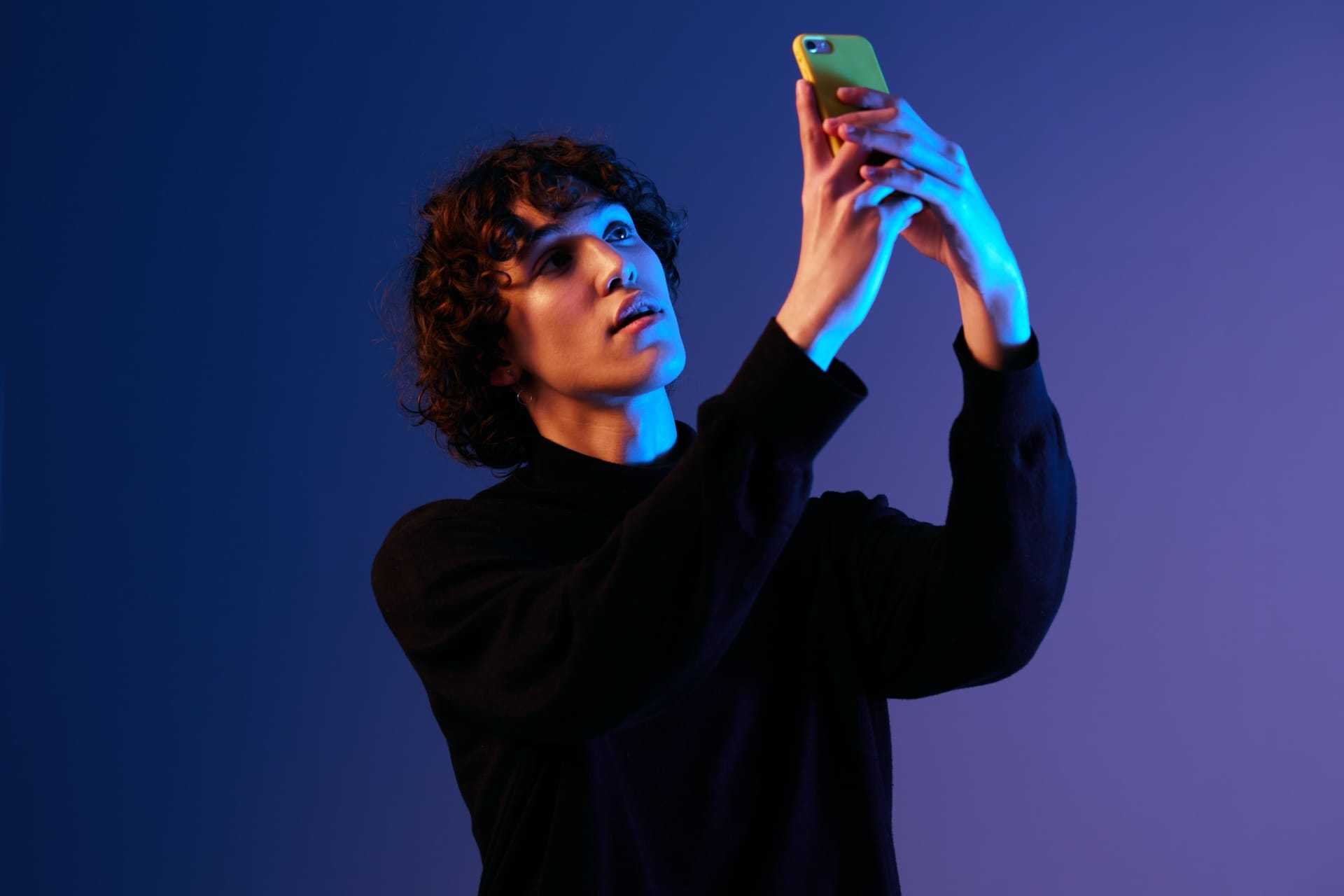
5. Crediting the artist or rights holder means you can use the track
Attribution is not the same as obtaining a license. There’s no legal grounding to just crediting the artist, and if you’re caught, the rights holder may choose to remove or demonetize your content — they could even sue you. If you don’t have permission or a license, crediting the artist or rights holder doesn’t make a difference.
You could get around this if the track is licensed under Creative Commons. Even then, you still need to double-check that it’s the right Creative Commons license. The loosest version allows you to remix and share music, even commercially, as long as you credit the rights holder.
Or, just use Epidemic Sound. Enjoy the safety of our license hand-in-hand with our massive catalog of 50,000 tracks, covering just about every genre you can think of.

6. Once you license a track, it’s yours forever
Purchasing a track’s rights or license isn’t like buying a physical object — it’s more like a library loan or renting a car. More often than not, a music license will enforce strict usage limits, which you’ll need to follow. It may cover specific platforms and timeframes, and if the license lapses, you’ll have to renew it.
Or, you could license music with Epidemic Sound. As long as you’re subscribed to the right plan, any content published featuring our music will be cleared forever.
Forever.
Forever, even if you cancel. More flexible than a sloth doing yoga, more diverse than your Spotify Wrapped could dream of. Check it out below.
7. Editing a track means you can use it for free
Even if you download a track and remix it within an inch of its life, you still need permission — the initial composition belongs to the rights holder, as do the rights to your ‘new’ version. Splicing, dicing, and retooling a track might make it completely unrecognizable, but if you don’t have a valid license, it’s copyright infringement.
You needn’t get mixed up in all that. With Epidemic Sound, you can rebuild tracks based on their stems. Use our Create Versions function to loop, cut, and extend tracks to match the closest frame on your project timeline. It’s all bundled within our subscription model, meaning you don’t need to ask for permission every time you use these tools to make changes to our music.
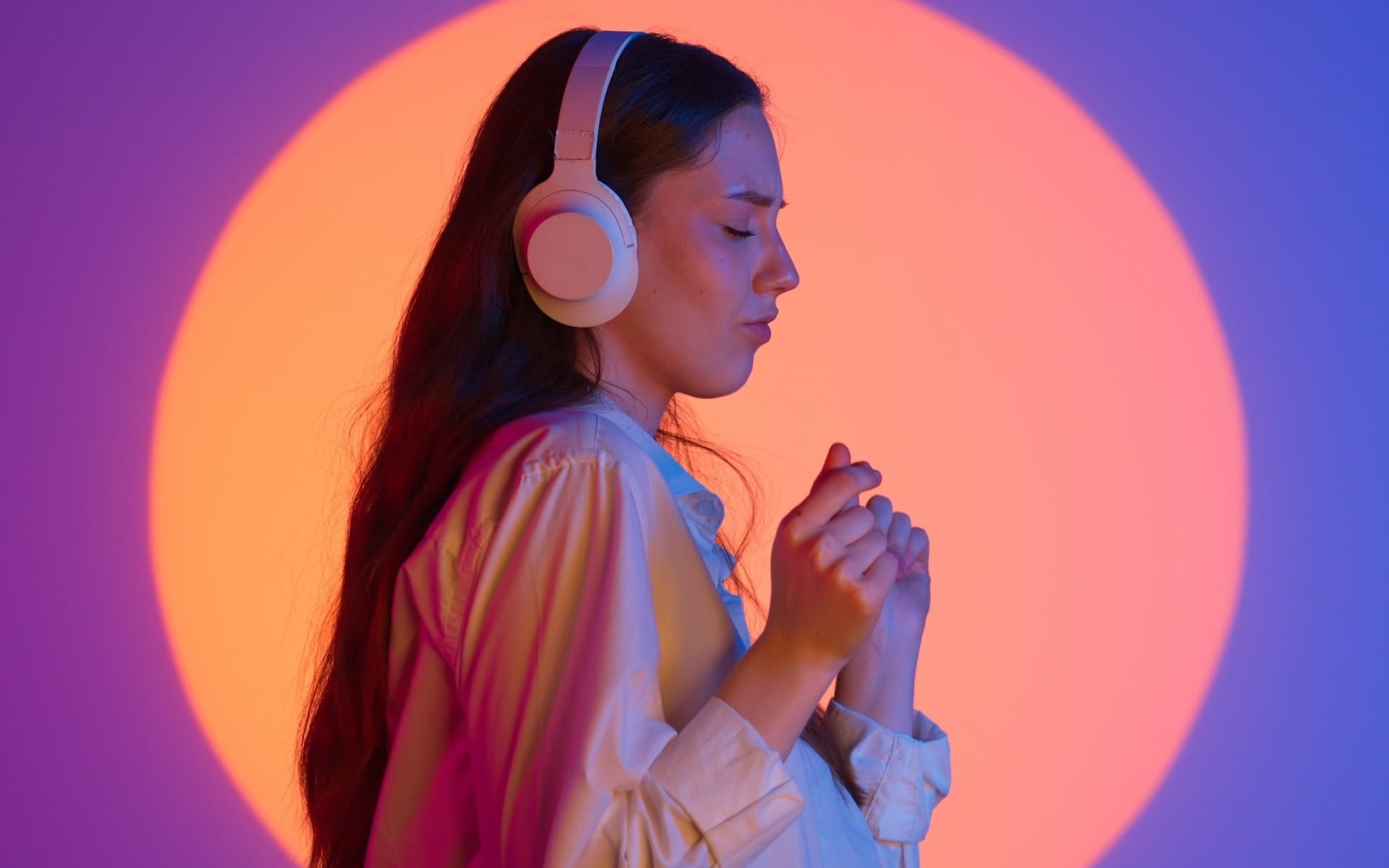
8. If you’re not monetizing, you can use any track
If you’re not making money, what’s the harm? That might sound like a closed case, but if you’re creating internal content for a brand, or even non-profit content for a charity or school, you still need permission.
Using unlicensed music in a non-commercial project risks violating copyright law. If they wish, the rights holder can take legal action. You could deliver a paid media maelstrom or a non-profit ad for a dog shelter, but the rules are the same — you need permission to use someone’s music.
These rules apply to businesses creating content. Naturally, users with personal accounts can add music available through social media platforms to their own content, subject to restrictions.
9. Old music is automatically public domain
‘Old’ music may be classed as copyright-free, especially if it was published in the US before 1924. Other works may remain copyrighted for 70+ years following the author’s death, but this differs by country.
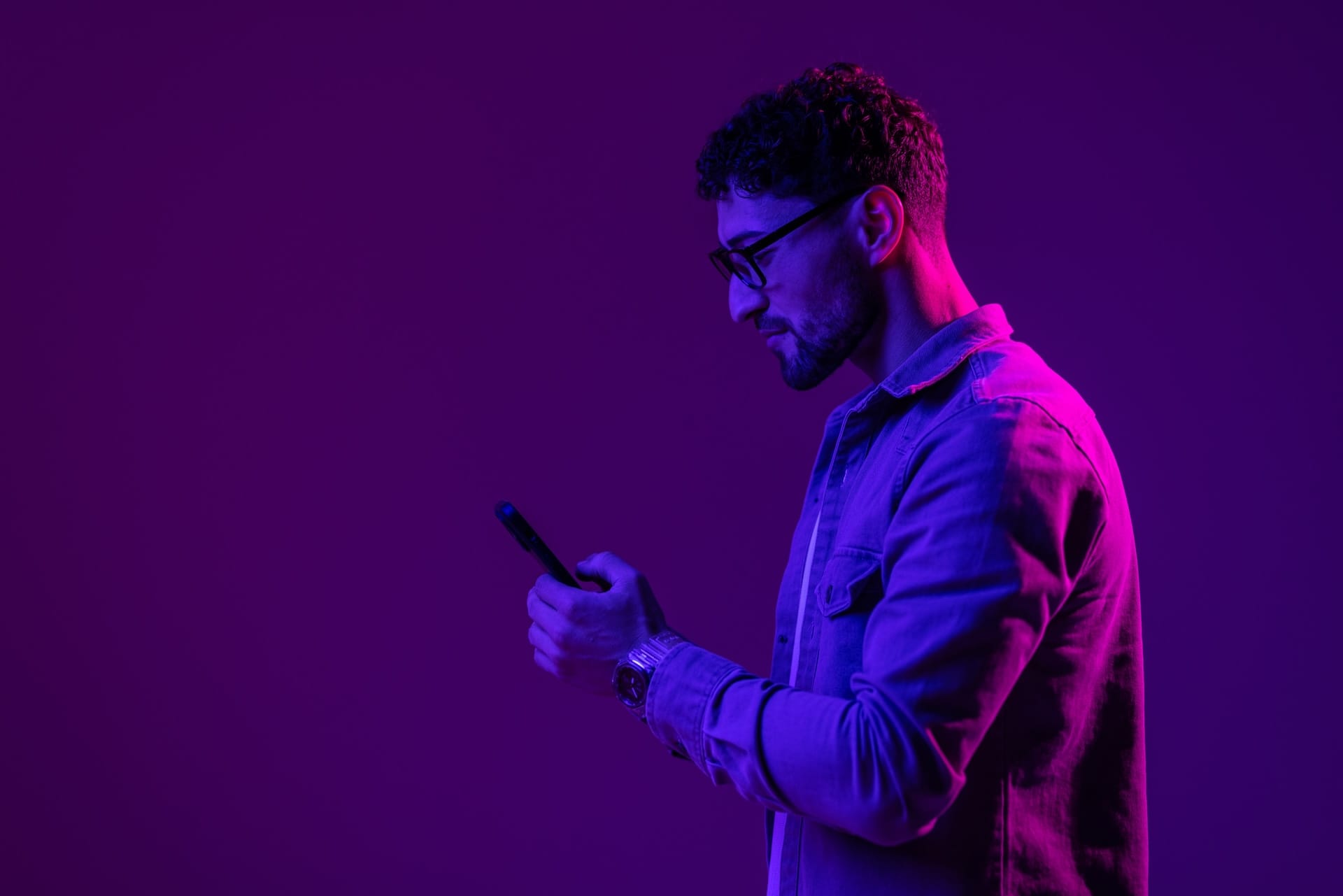
Centuries-old compositions can still prove tricky to license, though. If you wanted to use a Vivaldi piece in your content, you’d likely find a modern recording. The written work may not be copyrighted, but the new recording is. That sounds like a headache. It also sounds expensive.
You could bypass all of that with something like Epidemic Sound’s Classical Essentials collection. Debussy, Bach, Vivaldi, Mozart, and more, all housed under our worry-free licensing model? It’s a no-brainer.
10. Music licensing has to be complex
We’ve listed nine music licensing and copyright myths and facts, and we get it — it looks complex. It is complex, but Epidemic Sound’s Enterprise solution can simplify it.
We offer everything a brand needs to soundtrack their work. Our dedicated digital rights management team works tirelessly to ensure our licensed users don’t encounter issues when publishing content online. Our team is also ready to help out if you receive false claims from a third party.
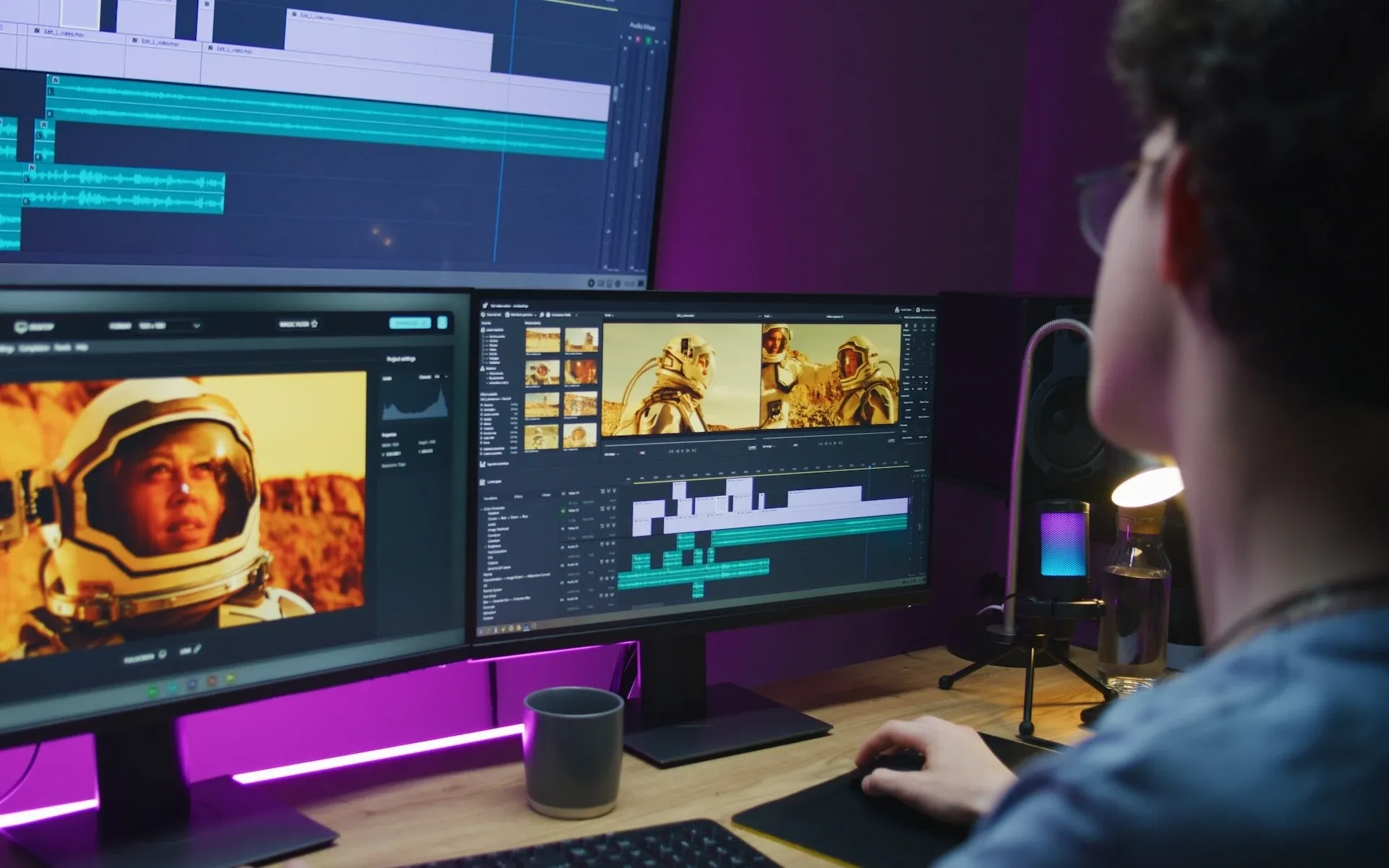
Everyone from Levi’s to Warner Bros. Discovery, The Telegraph to the Miami Dolphins, trusts us to be their soundtracking partner. They use our bespoke Enterprise plan, which covers everything in our Commercial plan, plus a whole lot more.
This includes:
- All necessary rights for TV, streaming, and advertising
- The right to use our music for offline events
- The right to use our music to soundtrack video games
- Multiple user accounts, for your team members and clients
- Clearance for owned and operated channels, plus influencer or creator channels
- Dedicated Customer Success Manager
- Bespoke custom tracks and music supervision for your projects
Don’t let music licensing tie you in knots. Join Epidemic Sound and take your content to the next level.
Related posts:

